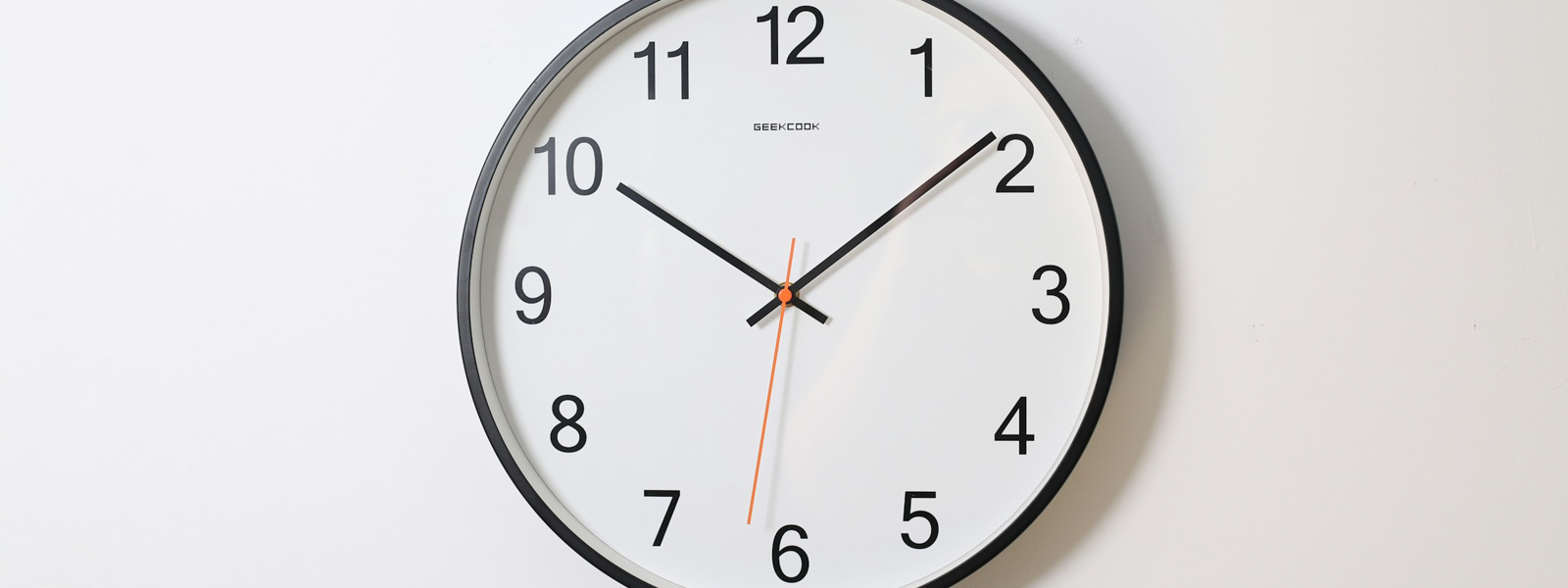When to use ‘while’ vs. ‘whilst’
When it comes to nuances in the English language, distinguishing between similar words can sometimes be challenging. Two such words that often confuse learners are “while” and “whilst.” Is there a difference between while and whilst? You may use one word more often than the other, but to get a grasp on English subtleties, it can help to know how these words are different.

“While” versus “whilst”: What’s the difference?
The word “while” is more common in American English, and it has two primary meanings: it can refer to a period or indicate a contrast (such as “in spite of the fact”). Both definitions appear in the following examples:
- While she was overseas, the neighborhood changed.
- I wanted to get pizza, while my brother wanted burgers.
- While you could take the job, it won’t pay as much.
“Whilst,” by comparison, is often found in British English. The above examples can be rewritten with no change in meaning:
- Whilst she was overseas, the neighborhood changed.
- I wanted to get pizza, whilst my brother wanted burgers.
- Whilst you could take the job, it won’t pay as much.
In these examples, both “while” and “whilst” are used as conjunctions or adverbs, and in these instances, both words are interchangeable. They both serve as conjunctions to connect two clauses or ideas related to time.
However, using “whilst” may seem outdated or archaic. As a result, its usage may lend a slightly more formal tone to your writing. When you’re writing creatively, your character may say “whilst” to create an image of traditionalism or upper-crust society. In everyday conversation or writing, most people use the word “while” due to its simplicity and widespread acceptance—both in the US and the UK.


Get the most out of your documents with Word
Elevate your writing and collaborate with others - anywhere, anytime
Learn MoreHow to use “while” and “whilst”
There is one key difference where “while” and “whilst” aren’t interchangeable: when “while” is used as a noun or a verb. In the following examples, “while” is used as a noun to indicate a passage of time:
- Can I borrow this book for a while?
- Come and sit down for a while as they prepare our food.
And in these examples, “while” is used as a verb indicating that the subject is enjoying a relaxing period of time:
- We used to while away the cold winter nights by the fire.
- I whiled away the weekend doing absolutely nothing and sleeping in.
“Whilst” cannot be used in either of these cases. Even when it comes to nuances between British and American English, this rule is set in stone! If you’re writing for an audience that prefers British English or if you want to add a touch of formality to your writing, “whilst” might be the better option. Yet, in most cases, “while” is the more commonly used and accepted term, especially in American English.
These quirks between the way we speak and communicate in these countries are what gives the English language so much room for us to express ourselves—whether creatively or formally. This further lends credence to our writing. Check out more writing tips that touch on differences between British and American usages, including “defence” vs. “defense,” “inquire” vs. “enquire,” or “apologize” vs. “apologise.”
Achieve the extraordinary with Microsoft 365
The powerful productivity apps and creativity tools in Microsoft 365 just got better. Work, play, and create better than ever before with the apps you love and Microsoft Copilot by your side.
Try for free












